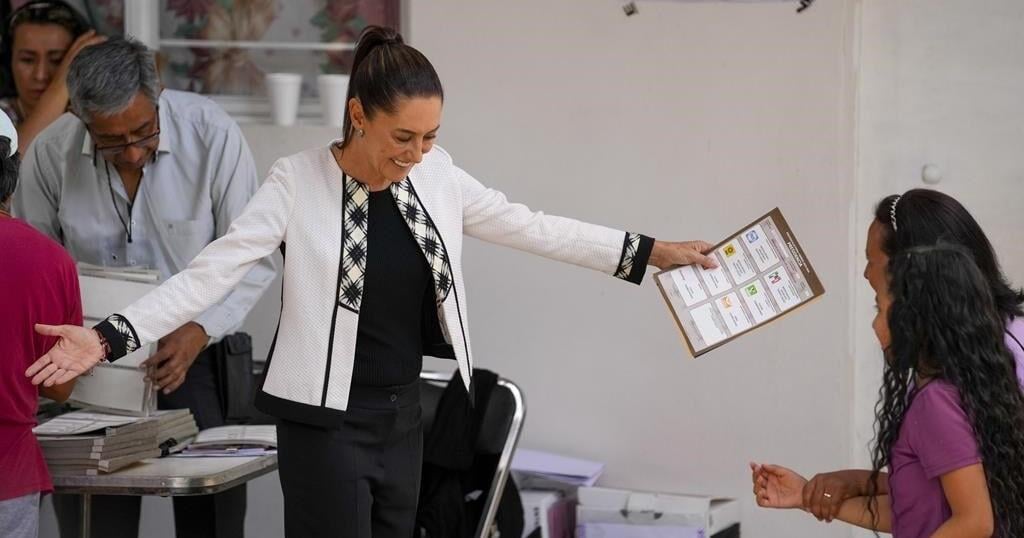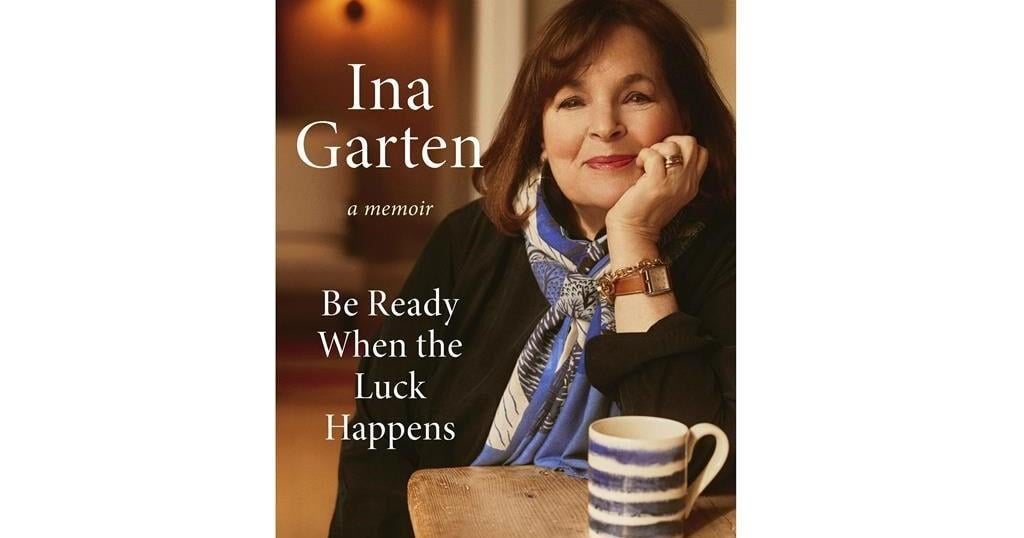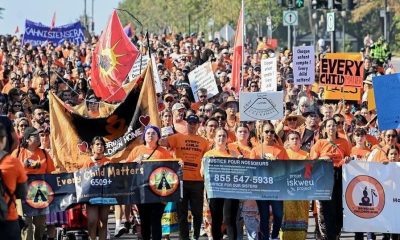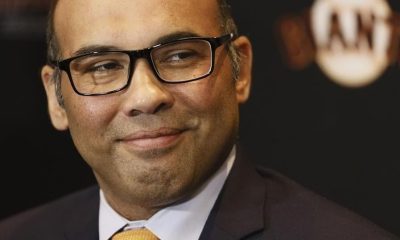MEXICO CITY (AP) — Claudia Sheinbaum takes office Tuesday as Mexico’s first female president in the nation’s more than 200 years of independence.
The 62-year-old former Mexico City mayor and lifelong leftist campaigned on a promise of continuity, of protecting and expanding the signature initiatives of her mentor, former President Andrés Manuel López Obrador.
In the four months between her election and inauguration she held that line, backing López Obrador on issues big and small. But Sheinbaum is a very different person; she likes data and doesn’t have López Obrador’s backslapping personal touch.
Mexico now waits to see if she will step out of his shadow.
What’s Sheinbaum’s background?
Sheinbaum’s background is in science. She has a Ph.D. in energy engineering. Her brother is a physicist. In a 2023 interview with The Associated Press, Sheinbaum said, “I believe in science.”
Observers say that grounding showed itself in Sheinbaum’s actions as mayor during the COVID-19 pandemic, when her city of some 9 million people took a different approach from what López Obrador espoused at the national level.
She comes from an older, more solidly left tradition that predates López Obrador’s nationalistic, populist movement.
Colombia’s President, Gustavo Petro, dropped a bit of a bombshell before Sheinbaum’s inauguration, telling reporters she had been a sympathizer of Colombia’s leftist guerrilla group, M-19 — the group that Petro himself once belonged to — and that she helped out exiled rebel fighters when they passed through Mexico. “A lot of Mexicans came to help us, and among them was Claudia.”
While Sheinbaum’s office did not immediately respond to queries about Petro’s comments, the idea is not improbable: Sheinbaum comes from a far more traditionally ‘leftist’ background than López Obrador, and has herself said she belonged to a number of leftist youth groups during her university years, at a time when they would have supported rebel groups in Central America and South America.
Her parents were leading activists in Mexico’s 1968 student movement, which ended tragically in a government massacre of hundreds of student demonstrators in Mexico City’s Tlatelolco plaza just days before the Summer Olympics opened there that year.
Sheinbaum is also the first president with a Jewish background in the largely Catholic country.
What did her victory look like?
Sheinbaum led wire to wire and won convincingly in June with almost 60% of the vote, about double the number of her nearest competitor, Xóchitl Gálvez.
As López Obrador’s chosen successor, she enjoyed the boost of the high popularity he maintained throughout his six years in office.
The opposition’s coalition led by Gálvez struggled to gain traction, while support for the governing party carried over to Congress, where voters gave Morena and its allies margins that allowed it to pass important constitutional changes before López Obrador left office.
Where does she stand on recent contentious issues?
Before passage of a controversial constitutional overhaul of Mexico’s judiciary that will make all judges stand for election, Sheinbaum stood with López Obrador who had pushed it.
Sheinbaum said “the reforms to the judicial system will not affect our commercial relations, nor private Mexican investments, nor foreign ones. Rather the opposite, there will be a greater and better rule of law and democracy for everyone.”
Shortly after, when López Obrador’s proposal to put the National Guard under military command was being considered, Sheinbaum defended it against critics. She said it would not militarize the country and that the National Guard would respect human rights.
And just days before she took office, Sheinbaum stood with López Obrador in his long-running diplomatic spat with Spain. She defended her decision to not invite Spain’s King Felipe VI to her inauguration, saying in part that the king had failed to apologize for Spain’s conquest of Mexico as López Obrador had demanded years earlier.
How important is her election for Mexican women?
Sheinbaum’s victory came 70 years after women won the right to vote in Mexico.
The race really came down to two women, Sheinbaum and Gálvez, but Mexico’s prevailing machismo still pushed both women to explain why they thought they could be president.
Since 2018, Mexico’s Congress has had a 50-50 gender split, in part due to gender quotas set for party candidates. Still, Sheinbaum inherits a country with soaring levels of violence against women.
There are also still many parts of the country, especially rural Indigenous areas where men hold all the power. And some 2.5 million women toil in domestic work where despite reforms they continue to face low pay, abuse by employers, long hours and unstable working conditions.
Mexico’s Supreme Court ruled in 2023 that national laws prohibiting abortions are unconstitutional and violate women’s rights.
Although the Mexican ruling orders the removal of abortion from the federal penal code and requires federal health institutions to offer the procedure to anyone who requests it, further state-by-state legal work is pending to remove all penalties.
Feminists say that simply electing a woman as president does not guarantee she will govern with a gender perspective. Both Sheinbaum and López Obrador have been criticized before for appearing to lack empathy toward women protesting against gender violence.
____
Follow AP’s coverage of Latin America and the Caribbean at

























